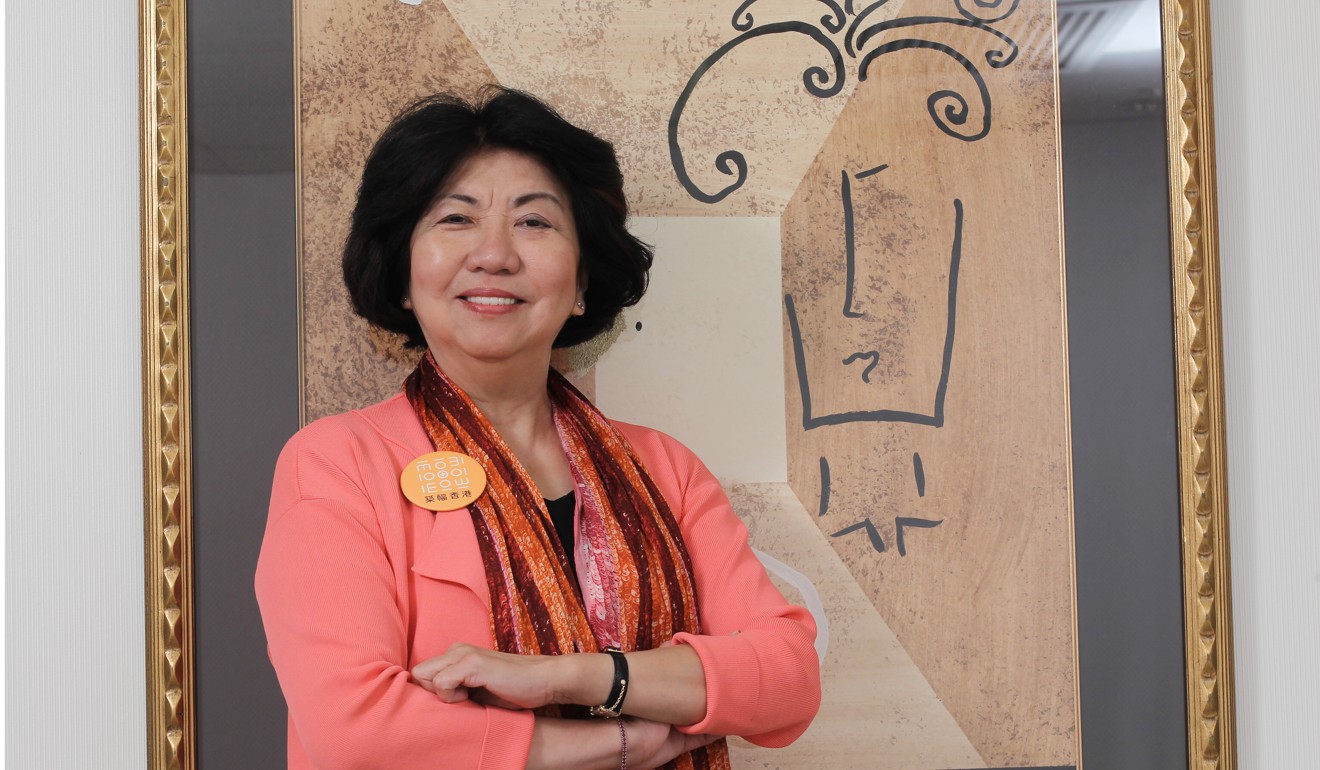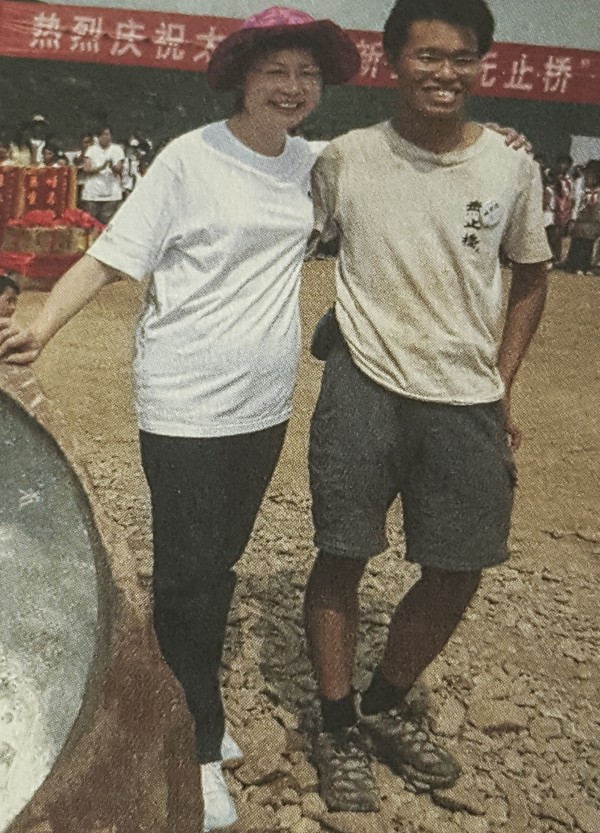
Charity project in China helps bridge divide between Hong Kong youth and mainland
While building real bridges in Chinese villages, Wu Zhi Qiao connects young Hongkongers with the mainland on another, more important level
“Even if you can live up to 100 years old, you only have 10 decades in your whole life, it’s only as many as that,” Leonie Ki Man-fung said to me when she gave me a book she had edited titled How Many 10 Years One Can Have.
Ki, a familiar figure among Hong Kong’s women business leaders, had asked me to take a look at the book when I had the time, which I finally managed to do during the Christmas break.
Upon finishing it, I found myself reflecting on the meaning of the word “bridge” – it’s what the book is all about.
Ki is an advertising professional turned successful business executive, and has been involved in many kinds of public service and charity work over the decades.
The book highlights the 10 years spent on one particular project among many others she helped develop – the Wu Zhi Qiao (Bridge to China) Charitable Foundation, which sponsors and encourages Hong Kong youth to engage in building real bridges in remote Chinese villages while promoting the concept of “people as bridges”.

Ki told me that Wu Zhi Qiao, or “bridge without end” in Chinese, just celebrated its 10th birthday recently. Over the same decade, youth issues have increasingly proved a major headache for the government. Tensions between Hongkongers and mainlanders have intensified, and the anti-mainland sentiment among some youngsters, in particular, has posed a serious problem for governments on both sides of the border.
In that context, can a privately funded charity bridge-building project help narrow the gap between the two sides? Ki believes so.
She said the decade between 15 and 25 years of age was critical, as it not only shaped one’s career path but was also the time to learn to be useful as a human being.
Hong Kong professor brings expertise to rural bridge building project
It was important, she continued, to link students from this age group in Hong Kong with their mainland and overseas counterparts for one goal, as described by foundation chairman David Akers-Jones: to build “a bridge of mind and spirit cementing people together”.
Stories told by volunteers from Hong Kong, the mainland and overseas, as well as by villagers, share one simple truth: by reaching out to distant villages to offer help and to learn to appreciate villagers’ unique lifestyles and cultures, “heart bridges” are being built, as the villagers also get a chance to learn that “spoiled” young people from big cities like Hong Kong can roll up their sleeves and endure hardship. That’s mutual understanding.

Worth noting are the observations shared by volunteer Jeremy Lam Tsit-sze, whom readers saw in a photo with a smiling Carrie Lam Cheng Yuet-ngor at a village construction site years ago. The younger Lam, who happens to be the eldest son of the city’s current leader, was studying in Britain at the time but managed to take part in the project three times.
“I noticed some young Hong Kong people are quite resistant to the mainland. It may be due to their lack of understanding of the country … [they] should courageously walk across the bridge to reach the other side. May you find a beautiful land there,” he concluded.
Since 2007, Wu Zhi Qiao has completed 60 projects on the mainland while transferring building skills and knowledge to villagers.
Ten years may be merely a drop in the ocean in history, but it’s not a fleeting moment in one’s life. Lam must be well aware of that with her son’s experience.
With so many of our young people politically and economically frustrated today, is there plenty of or very little time for the government to tackle their issues?
Lam’s New Year resolutions will tell us.

